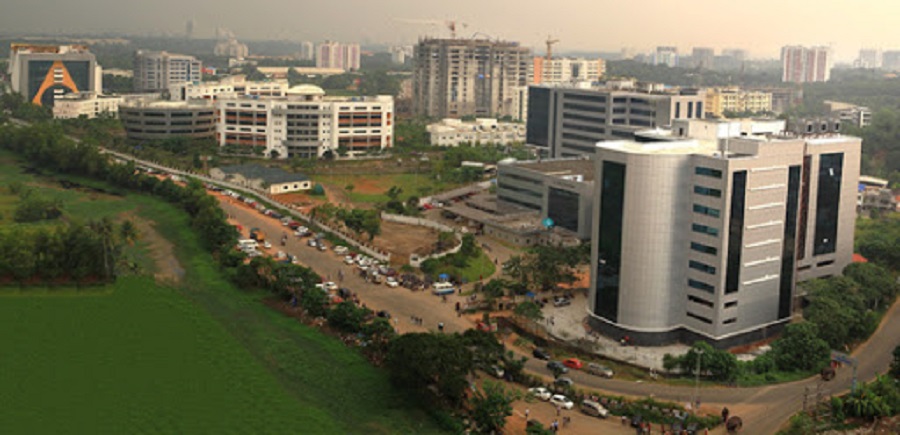KOCHI:
The third edition of Student’s Biennale concluded with the announcement of its winners today at the closing ceremony of Kochi-Muziris Biennale 2018. The awards, instituted by Tata Trusts and the Kochi Biennale Foundation (KBF), honour the participants for their excellence in art practices.
Three were selected as the recipients for the Tata Trusts Students’ Biennale International Award, while 11 students from University of Kashmir won the Tata Trusts Students’ Biennale National Award. The award jury comprised KBF president Bose Krishnamachari, Tata Trusts Head (Arts & Culture) Deepika Sorabjee and artist-filmmaker K M Madhusudhanan.
The three artists selected for the Tata Trusts Students’ Biennale International Awards are Umesh Singh (Uncomfortable Tools and Jaab (muzzle)); Maksud Ali Mondal (Nature Unconditioned) and Akanksha Agarwal (A Palm tree on a Pedestal, Ha..ha..a flower behind too).
The 11 students selected for the Tata Trusts Students’ Biennale National Award are Tabeena Wani (Untitled); Saba Altaf (Home); Zaid Bhat (Building, dwelling, thinking); Owais Ahmed (Memory for Forgetfulness); Ushmayo Dutta (Pursuit of home); Ahamad Muzamil (Massacres and Home); Numair Qadri (The story and claims); Anis Wani (Jannat e benazeer); Arona Riyaz (Memory); Mir Lateef (Pulhoor and Kashmir – A political Study); and Asif Haneef (Untitled).
Krishnamachari, talking about the importance of Students’ Biennale and the honours, said the 2010-founded KBF always gave importance to art education. “We believe in providing an internationally-recognised platform for art students and giving them an opportunity to experience firsthand making of an art show of a large extend,” he noted. “We are really happy with the kind of participation and works we witnessed in this year’s Students’ Biennale.”
Sorabjee spoke highly of the students’ deep engagement with the materials used, revealing that it played a key role in the jury’s selection. “The concept in the translation of their ideas (using the small production grants given this year) into works that carried their roots, coming as they did from different parts of the country, to the site” was particularly noticed, she added.
For instance, “Umesh’s use of cyanotype prints of the farmers juxtaposed with the sculptural works produced from diseased bark and discarded tools, while Maksud’s confidence in working with organic material that, in decay, left evocative ‘drawings’ in growth. Akanksha’s scale and formalism in papier mache, all responded to the ‘Making as Thinking’ curatorial brief refreshingly,” she said.
The 11 students from University of Kashmir “evoked chinar leaves and phirans, homes and family into works in different mediums that individually conveyed their singular stories of memory and belonging”. They “collectively spoke of a land that remains in the transition of political solution even as its humanity bears mute witness to irrecoverable loss. We hope the travel and residencies will give greater wings to their ideas in years to come. Congratulations to them all.”
This time, the project was led by a team of six curators around the theme of ‘Making as Thinking’. More than 100 artworks were produced by over 250 students selected via an open call from across 50 art colleges and institutes in India. In an attempt to reach out to a larger pool of emerging artists, the Students’ Biennale 2018, for the first time, also showcased works by students from SAARC nations. As many as 27 participants from Bhutan, Nepal, Bangladesh, Pakistan and Sri Lanka displayed 10 projects in total.




